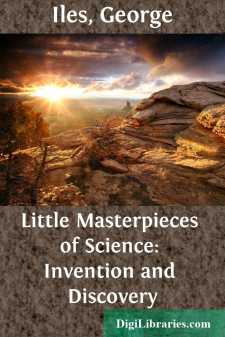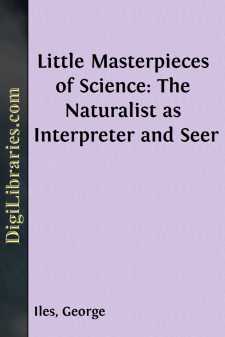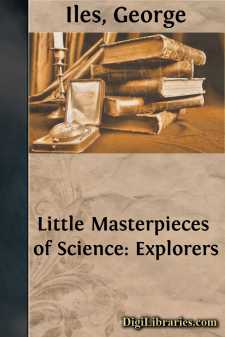Categories
- Antiques & Collectibles 13
- Architecture 36
- Art 48
- Bibles 22
- Biography & Autobiography 813
- Body, Mind & Spirit 142
- Business & Economics 28
- Children's Books 17
- Children's Fiction 14
- Computers 4
- Cooking 94
- Crafts & Hobbies 4
- Drama 346
- Education 46
- Family & Relationships 57
- Fiction 11829
- Games 19
- Gardening 17
- Health & Fitness 34
- History 1377
- House & Home 1
- Humor 147
- Juvenile Fiction 1873
- Juvenile Nonfiction 202
- Language Arts & Disciplines 88
- Law 16
- Literary Collections 686
- Literary Criticism 179
- Mathematics 13
- Medical 41
- Music 40
- Nature 179
- Non-Classifiable 1768
- Performing Arts 7
- Periodicals 1453
- Philosophy 64
- Photography 2
- Poetry 896
- Political Science 203
- Psychology 42
- Reference 154
- Religion 513
- Science 126
- Self-Help 84
- Social Science 81
- Sports & Recreation 34
- Study Aids 3
- Technology & Engineering 59
- Transportation 23
- Travel 463
- True Crime 29
George Iles
George Iles (1852–1942) was a Canadian-born American writer and editor known for his contributions to popular science and general literature. He authored and edited numerous works that sought to make complex scientific concepts accessible to the general public, including "Flame, Electricity, and the Camera" (1900) and "Little Masterpieces of Science" (1902). Iles was also an editor for the "Popular Science Monthly", where he worked to curate and present scientific knowledge in an engaging way. His writings emphasized the practical applications of science and often included illustrative anecdotes to captivate readers.
Author's Books:
Sort by:
by:
George Iles
PREFACE To a good many of us the inventor is the true hero for he multiplies the working value of life. He performs an old task with new economy, as when he devises a mowing-machine to oust the scythe; or he creates a service wholly new, as when he bids a landscape depict itself on a photographic plate. He, and his twin brother, the discoverer, have eyes to read a lesson that Nature has held for ages...
more...
by:
George Iles
PREFACE To gather stones and fallen boughs is soon to ask, what may be done with them, can they be piled and fastened together for shelter? So begins architecture, with the hut as its first step, with the Alhambra, St. Peter's, the capitol at Washington, as its last. In like fashion the amassing of fact suggests the ordering of fact: when observation is sufficiently full and varied it comes to the...
more...
by:
George Iles
COLUMBUS DISCOVERS AMERICA Justin Winsor [Part of Chapter IX., “The Final Agreement and the First Voyage” from “Christopher Columbus and How He Received and Imparted the Spirit of Discovery,” copyright by Houghton, Mifflin & Co., Boston and New York, 1892.] So, everything being ready, on the 3rd of August, 1492, a half-hour before sunrise, he unmoored his little fleet in the stream, and,...
more...




